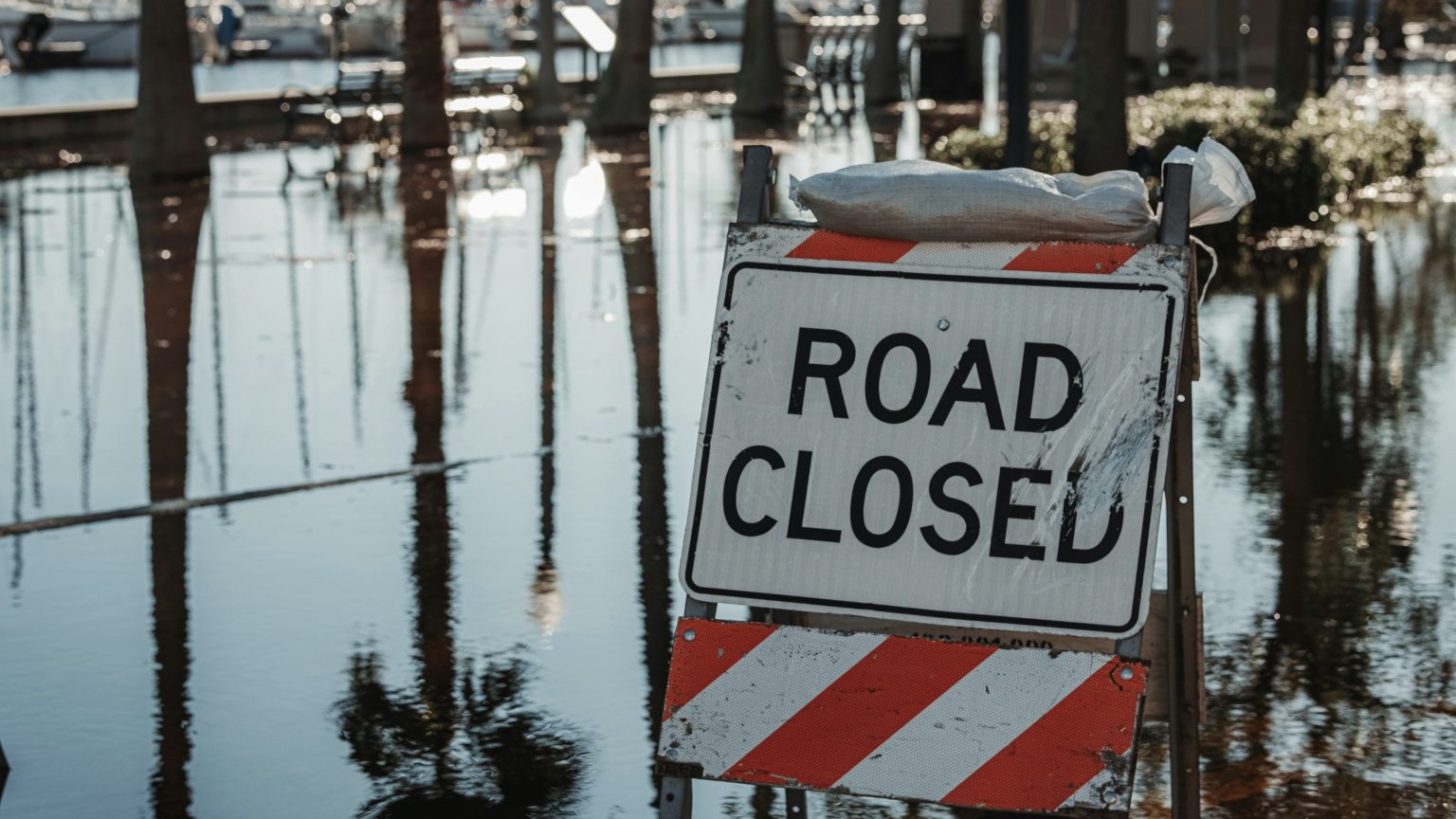The Conversation U.S., spoke with Boris Heersink, associate professor of political science, to better understand if and how the recent hurricanes could shift the results of the 2024 presidential election.
How can hurricanes create complications ahead of an election?
A massive hurricane disrupts people’s lives in many important ways, including affecting people’s personal safety and where they can live. Ahead of an election, there are a lot of practical limitations about how an election can be executed – like if a person can still receive mail-in ballots at home or elsewhere, or if it is possible to still vote in person at their polling location if that building was destroyed or damaged.
Another issue is whether people who have just lived through a natural disaster and will likely be dealing with the aftermath for weeks to come are focused on politics right now. Some might sit out the election because they simply have more important things to worry about.
Beyond practical concerns, how else can a natural disaster influence an election?
The other side of the equation, which is what political scientists like myself are mostly focusing on, is whether people take the fact that a natural disaster happened into consideration when they vote.
Two scholars, Christopher Achen and Larry Bartels, have argued that sometimes voters are not great at figuring out how to incorporate bad things that happened to them into a voting position. In some cases, it is entirely fair to hold an elected official responsible for bad outcomes that affect people’s lives. But at other moments, bad things can happen to us without that being the fault of an incumbent president or governor. And voters should ideally be able to balance out these different types of bad things – those it is fair to punish elected officials for, and those for which it isn’t fair to hold them responsible.
How else do voters consider bad events when they vote?
Scholars like John Gasper and Andrew Reeves argue that voters mostly care whether elected officials respond appropriately to a disaster. So, if the president does a good job reacting, voters do not actually punish them at all in the next election. However, voters can punish elected officials if they feel like the response is not correct.
The fact that Hurricane Katrina hit Louisiana in 2005 was not the fault of then-President George W. Bush. But the perceived slowness of the government response is something a voter could have held him responsible for.
How do voters’ political affiliations affect where and how they lay the blame?
Colleagues and I have shown that how people interpret the combination of a disaster and the government response is likely colored by their own partisanship.
We looked at both the effects of Superstorm Sandy on the 2012 presidential election and natural disasters’ impact on elections more broadly from 1972 through 2004. One core finding is that when presidents reject state officials’ disaster declaration requests, they lose votes in affected counties – but only if those counties were already more supportive of the opposite party.
If there is a strong positive government response, the incumbent president or their party can actually gain votes or lose voters affected by a disaster. So, Republicans affected by the hurricanes could become more inclined to vote against Harris if they feel like they are not getting the help they need. But it could also help Harris if affected Democrats feel like they are getting enough aid.
The major takeaway is that if the government responds really effectively to a natural disaster or other emergency, there is not a huge electoral penalty – and there could even be a small reward.
That is not irrelevant in a close election. If Republicans in affected areas in North Carolina feel the government response has been poor and it inspires them to turn out in higher numbers to punish Harris, that could matter. But if they feel like the response has been adequate, research suggests either no real effect on their support for Harris – or possibly even an increase in Harris voters.

